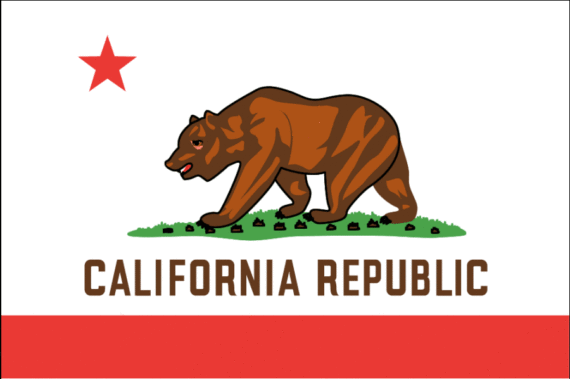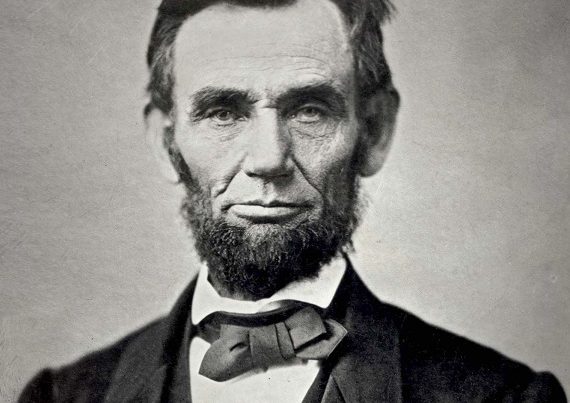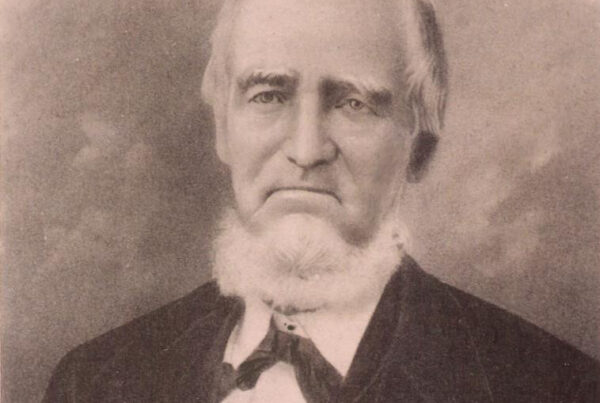A large portion of California wants to secede.
That’s a good thing.
American conservatives should not only applaud the move, they should be doing everything possible to help them find the door.
Image a world without Nancy Pelosi, Maxine Waters, Diane Feinstein, or Kamala Harris; where Democrats would not start the presidential election cycle with nearly one quarter of the Electoral College votes needed to win the election; where the United States Court of Appeals for the Ninth Circuit would disappear; where every radical Leftist group could set up shop and get out of real America; where every illegal immigrant could find a home in the sanctuary State.
And that is only the beginning.
Real America could finally get its culture back without the perversions of Hollywood.
They can keep the Grammys, the Golden Globes, and the Emmys.
A divorce of incompatible things is preferable to an abusive marriage.
Adios!
Unfortunately, many mainstream American conservatives have a strange—almost pathological—aversion to the idea.
Victor Davis Hanson is one of these conservatives.
His argument against California secession goes something like this:
A. Some Californians who don’t like Donald Trump want to secede.
B. Thirteen Southern States who didn’t like Abraham Lincoln seceded and formed the Confederate States.
C. I think the Confederacy was bad.
D. California secession is bad.
This argument would have failed Logic 101.
Hanson has frequently bellowed that “state’s rights” is an “old Confederate idea” as if it were created out of thin air in 1860 and 1861.
That isn’t true.
The entire political history of the United States was built on “secession and nullification.”
And it was more often the North than the South that pursued it.
When the British passed the infamous Stamp Act in 1765, several colonies nullified the law by simply refusing to enforce it, most famously Rhode Island which passed legislation protecting judges who let people go after violating the law.
The Suffolk Resolves of 1774 urged the people of Massachusetts to resist sending any tax revenue to the British. In other words, they were attempting to nullify the Coercive Acts.
The Declaration of Independence is a secession document. The “thirteen united States of America” seceded from the British Empire and became “Free and Independent States” like the “State of Great Britain.”
The Constitution for the United States—the same Union of sovereign States that existed under the Articles of Confederation—allowed the States to secede from the Articles by acceding to the new governing document. This was expressly prohibited by the Articles.
Two members of the Philadelphia Convention which drafted the Constitution in 1787, Rufus King of Massachusetts and Oliver Ellsworth of Connecticut, told Senator John Taylor of Caroline, Virginia in 1794 that they wanted the North to secede.
Northerners again threatened secession during the contested presidential election of 1800 and again in 1803 after President Jefferson acquired Louisiana. Their leader was the former Secretary of State Timothy Pickering of Massachusetts.
The Hartford Convention of 1815 urged Northern states to nullify laws in support of the War of 1812 (several had already done so in fact but not by legislation) and insisted that if nothing changed they would have to resort to secession. Daniel Webster, the same man who called nullification disunion in 1830, believed in it enough in 1812 that he made several speeches in support of the idea around his home district.
Several Northern States passed personal liberty laws during the 1840s and 1850s that effectively nullified the Fugitive Slave Act within their borders.
Abolitionist leader William Lloyd Garrison thundered in 1848 that the only way to rid America of the “slave power” was secession…of the North.
I’m sure all of these Yankees would have found a comfortable home in the “Old Confederacy” as Hanson calls it.
Certainly, Southerners advanced the idea more forcefully. Two Southerners, Jefferson and Madison, codified the principles of nullification in the Virginia and Kentucky Resolutions of 1798 while the people of South Carolina were ready to go to war to prevent King Andrew from collecting the tariff in 1832. And of course the South had the huevos to pull of secession in 1860-61 while for years the North just blew hot air.
That merely proves that a large portion of the American public for nearly eighty years in every State considered both nullification and secession to be as American as the cause of independence in 1776.
We call this self-determination.
Secession does not have to end in war. That is another fallacy of logic parroted by many conservatives today.
No one sent in the tanks when fourteen members of the Soviet Union seceded in 1992. Americans even cheered the development. Are we worse than the Commies?
A better question would be was Lincoln worse than Gorbachev?
There are many good people in California who would not want to be part of the socialist Bear Flag Republic. Real America would welcome them with open arms, perhaps even by coming up with some dough to relocate them here.
I’m sure there would be thousands of vacant properties after all of the pinkos, hippies, and social justice warriors head west.
While they’re at it, maybe they could rope in the other blue States. A rekindling of the secession spirit in New England would go a long way to making America great again.
That may be too much to ask. For now, we should be content, and encouraging, to let the Hollywood elite go.
We’d all be better for it.
This article was originally published at Townhall.com.







